Title: Impact of the genomic signature of 70-genes for breast cancer in the public system and in supplementary health care in a country of medium socioeconomic development
Publication: The Breast 76 (2024) 103752
Authors: Mansani et al.
Introduction: The financial impact of breast cancer has been discussed due to its high incidence and the increased costs of systemic therapy and is even more relevant in countries with low and medium socioeconomic development.
Objective: To evaluate the financial viability of using the MammaPrint™ (MP) genetic signature in a public and private system in a country with a medium socioeconomic development index.
Material and Method: A pharmacoeconomic trial with a cost-benefit analysis evaluating the reduction in costs of chemotherapy, support drugs, and materials used during chemotherapy infusion in high-risk hormone receptor positive (HR+) breast cancer patients submitted to analysis using the MammaPrint™ genetic signature
Results: The value of using MammaPrint™ in the Unified Health System (SUS) would bring an additional cost of US$ 1,334.56 per patient in the over-50 age group. In private medicine, the use of MammaPrint™ in the same population would result in cost savings ranging from US$ 2,422.53 to US$ 9,989.95 per patient.
Conclusion: The use of MP in RH + breast cancer patients with high clinical risk and low genomic risk in Brazil leads to significant savings in resources when applied to supplementary healthcare. In the SUS, reducing the costs of MP for large-scale use could make its application viable. These values need to be re-evaluated in each institution, using the methodology applied in the trial, adjusting according to costs, to obtain a result that reflects its reality.
These findings are relevant for cases identified with a MammaPrint High 2 tumor and a first indication in what the MammaPrint High 1 versus High 2 risk categories could contribute to MammaPrint-guided treatment decision making in the Netherlands.

